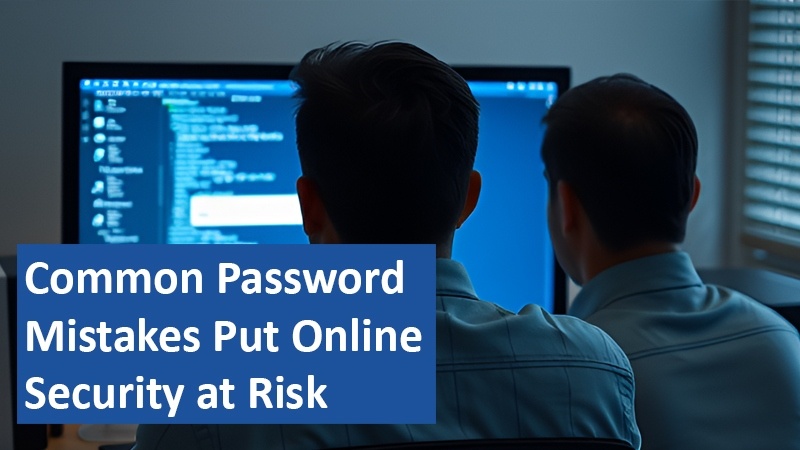Passwords are our first line of defense for protecting bank accounts, social media, and digital records. However, weak or easy-to-guess passwords leave accounts vulnerable to cybercriminals. A new report reveals the most commonly leaked passwords, offering a stark reminder to strengthen digital security.
By Sadie Watkins
Data Breaches Expose the Weakest Passwords

A study by password manager NordPass analyzed leaked credentials from malware and data breaches across 44 countries. In the United States, “secret” emerged as the most commonly used password, while globally, “123456” led the pack. Other popular choices include “123456789,” “password,” and “qwerty123,” highlighting a global trend of simplistic and predictable choices. Alarmingly, these weak passwords often secure not just personal accounts but also professional ones, compounding the risks.
The Most Common Passwords: A Global Snapshot
The international list of most-used passwords reveals both predictable and surprising entries. While numerical sequences dominate the top spots, phrases like “iloveyou” and “babygirl” also appear frequently. Interestingly, “TimeLord12” shows up over 30,000 times, reflecting the influence of pop culture. Such trends demonstrate a widespread lack of password hygiene, leaving both individuals and organizations exposed to potential threats.
The Risks of Weak Passwords
Short and simple passwords can be cracked within seconds using basic hacking tools. Once a hacker gains access, they can steal personal data, commit fraud, or disrupt professional networks. NordPass’s findings suggest that even businesses fail to implement stronger security protocols, with humorous yet unsafe passwords like “iloveyou” and “babygirl” securing work accounts. These lapses underline the importance of adopting more secure practices.
Steps Toward Stronger Password Protection
To minimize risks, experts recommend creating unique passwords for every account, combining upper- and lowercase letters, numbers, and symbols. Password managers are also an effective tool for generating and storing complex credentials securely. Two-factor authentication adds another layer of protection, ensuring accounts are harder to compromise. These simple steps can drastically improve online security and prevent data breaches.
Password security is more crucial than ever as cyber threats continue to rise.
Based on information from www.futurezone.at and own research.